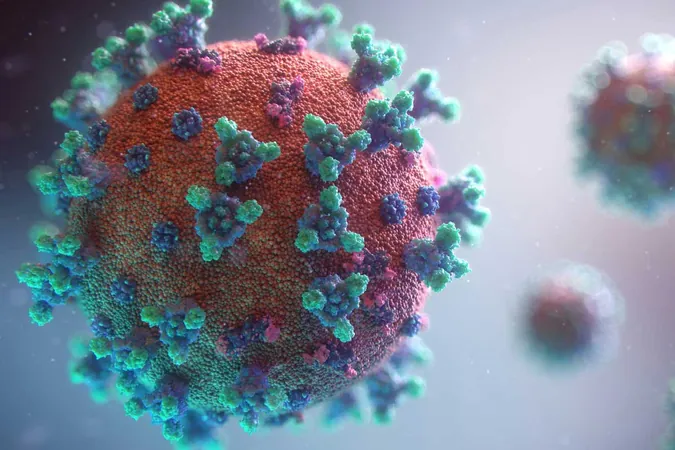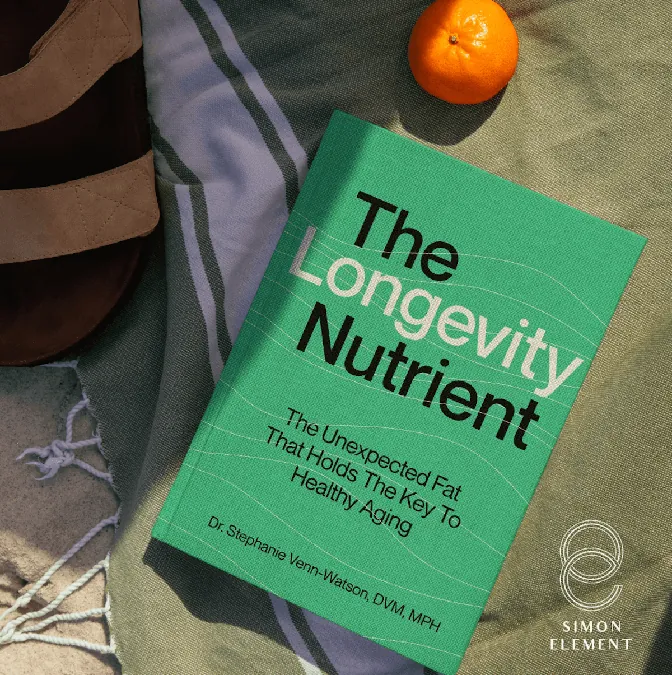
Breakthrough Research Reveals Lasting Immune Boost from COVID-19 mRNA Vaccines
2025-04-02
Author: Li
Breakthrough Research Reveals Lasting Immune Boost from COVID-19 mRNA Vaccines
New studies are unveiling incredible new benefits of COVID-19 mRNA vaccines. Not only do they function as powerful shields against the virus, but they also seem to forge a lasting ‘memory’ in our immune cells that could enhance our defense against various infections for months to come.
A recent investigation by experts at the University of Cologne and the Max Planck Institute for Biology of Ageing has illuminated how mRNA vaccines not only prepare the immune system to recognize and respond to the SARS-CoV-2 virus but also trigger significant adaptations in key immune cells, potentially equipping them to tackle infections beyond just COVID-19.
An Immune Response That Lasts Longer Than Expected
The research focused on monocytes—white blood cells that differentiate into macrophages, the body’s scavengers responsible for identifying and eliminating pathogens. Post-vaccination, researchers observed epigenetic modifications, where specific chemicals bind to histones—proteins that regulate gene activity without altering the DNA sequence itself.
These modifications led to a heightened expression of pro-inflammatory genes, catalyzing the production of cytokines. These cytokines act as the body’s alarm system, activating various immune cells and escalating our defense mechanisms against pathogens.
Surprisingly, this intensified immune response was sustained for up to six months after vaccination. Interestingly, since monocytes circulate for about three days, this suggests that the epigenetic changes occur in their precursor cells residing in the bone marrow.
Dr. Alexander Simonis, the lead author of the study, emphasized the significance of the findings, stating: “Our research shows that mRNA vaccines initiate an epigenetic ‘training’ process in innate immune cells, leading to a prolonged immune response.”
Adding a fascinating layer to this discovery, researchers found G-quadruplex DNA structures—unique four-stranded formations that seem to maintain the epigenetic marks induced by the vaccine. These structures keep immune-related genes ready for activation well beyond the vaccination period.
Implications for Future Vaccination Strategies
It's important to note that a single vaccine dose does not generate these enduring epigenetic alterations. However, after administering two doses, researchers found that the immune effects lasted over six months. Moreover, booster shots substantially enhanced the immune memory response, returning it to peak levels.
While this is a groundbreaking revelation about mRNA vaccines, it aligns with findings in previous studies on BCG vaccination for tuberculosis, which indicated that such vaccines could induce memory-like modifications in immune cells, providing broader protection against various pathogens.
This landmark research could pave the way for innovative vaccine strategies that not only target specific pathogens but also enhance innate immunity. Such advancements may be crucial for combating emerging diseases and bolstering defenses in vulnerable populations.
The implications are far-reaching: improved vaccine designs could amplify the immune response to unrelated infections and refine our understanding of post-vaccination inflammatory diseases that affect a minority of vaccinated individuals. As we advance in our understanding of immunity, this research could meaningfully shift how we approach vaccine development in the future, reshaping our strategies against infectious diseases.
Stay tuned, as these discoveries may redefine our fight against pathogens and revolutionize our health in the years to come!





 Brasil (PT)
Brasil (PT)
 Canada (EN)
Canada (EN)
 Chile (ES)
Chile (ES)
 Česko (CS)
Česko (CS)
 대한민국 (KO)
대한민국 (KO)
 España (ES)
España (ES)
 France (FR)
France (FR)
 Hong Kong (EN)
Hong Kong (EN)
 Italia (IT)
Italia (IT)
 日本 (JA)
日本 (JA)
 Magyarország (HU)
Magyarország (HU)
 Norge (NO)
Norge (NO)
 Polska (PL)
Polska (PL)
 Schweiz (DE)
Schweiz (DE)
 Singapore (EN)
Singapore (EN)
 Sverige (SV)
Sverige (SV)
 Suomi (FI)
Suomi (FI)
 Türkiye (TR)
Türkiye (TR)
 الإمارات العربية المتحدة (AR)
الإمارات العربية المتحدة (AR)